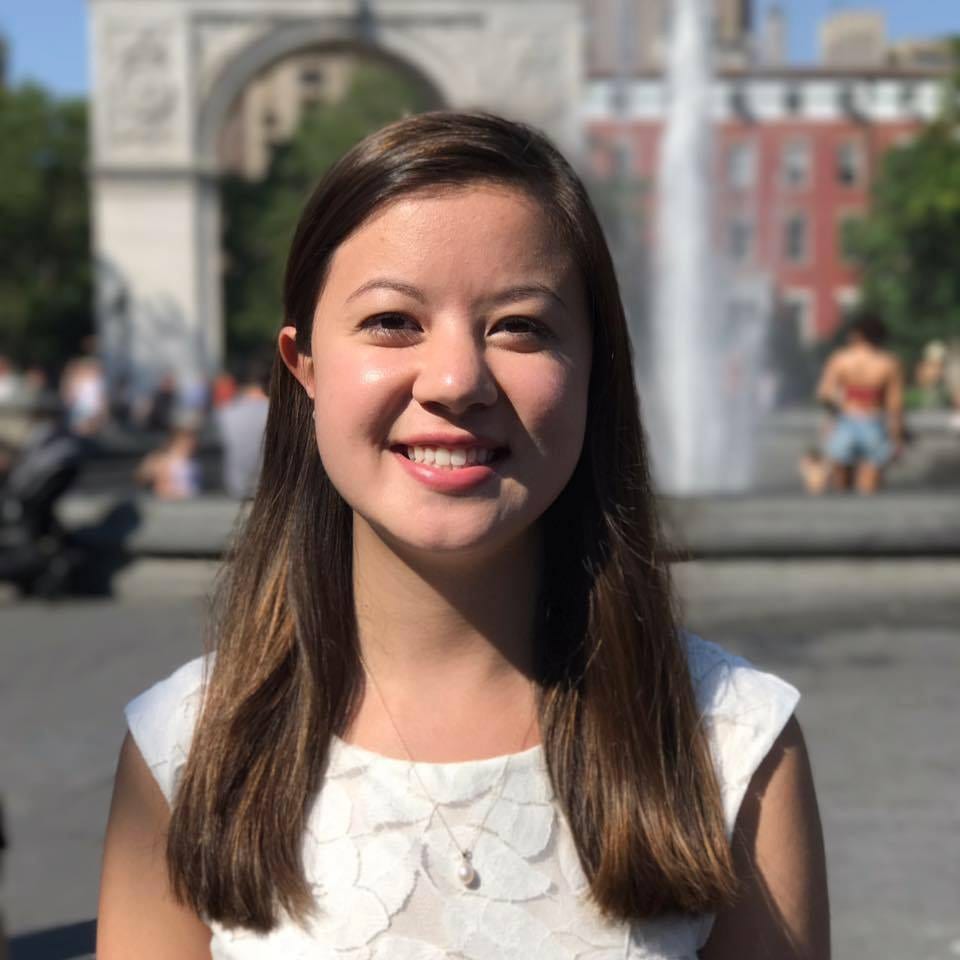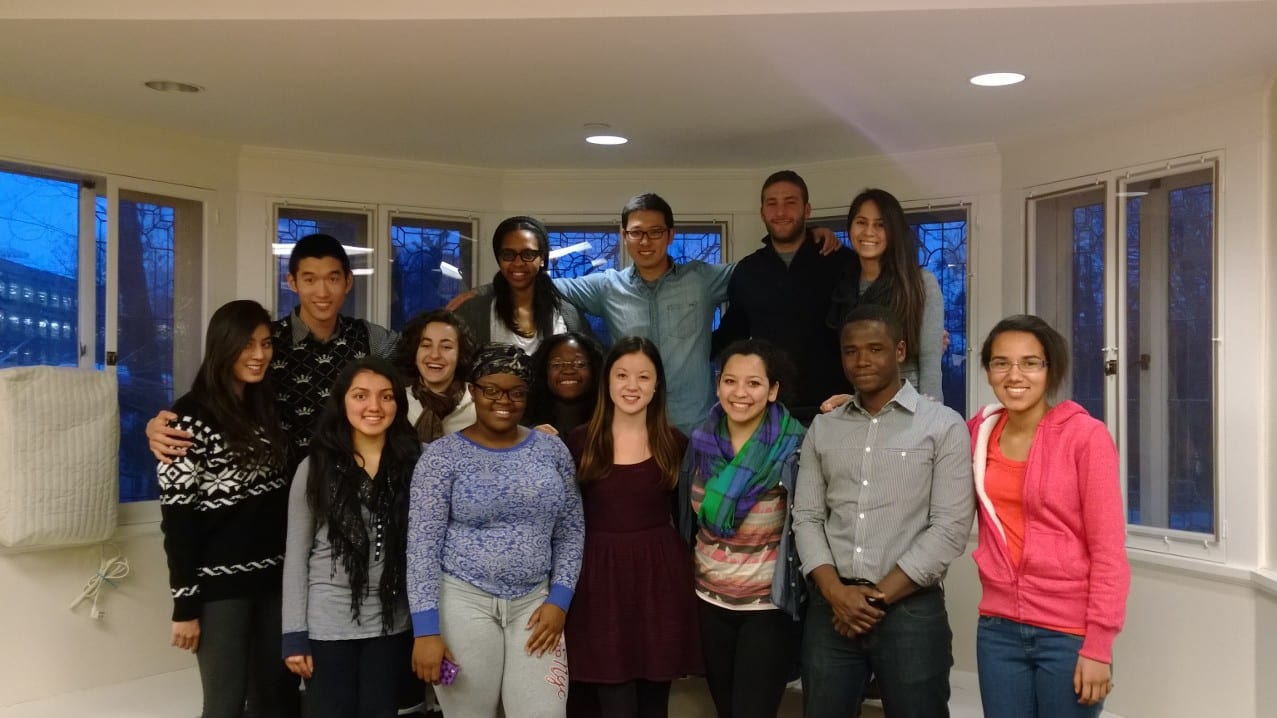Child Development Research with Equity, Dignity, and Respect
Katelyn Fletcher graduated from Cornell in 2015. Katelyn was a student in EDUC 2610 and went on to facilitate an SES section. During her time with IDP, Katelyn conducted an honors thesis evaluating IDP’s impact on students, presenting her work at academic conferences. Additionally, Katelyn returned to IDP this past summer to facilitate Orientation! Below, Katelyn reflects on how IDP has impacted her post-grad research with Childhood Development.
When most people hear that I study Developmental Psychology, they ask if I study “what goes wrong” in the lives of children. They couldn’t be more wrong. My time practicing Intergroup Dialogue at Cornell has taught me to start from a different place.
After I graduated from college, I spent a year working with elementary school children in the Boston Public Schools from low socioeconomic backgrounds. In the classroom, I had the opportunity to experience the amazing vitality, joy, curiosity, and brilliance of the children I worked with. I also witnessed first hand the daily stressors many of my students faced, including limited school resources, frequent residential relocation, and in some cases noisy and chaotic home environments. I quickly learned about the academic achievement gap between low-income students and their middle-income peers. Motivated to further understand the systemic nature of my students’ challenges, I accepted a job as lab manager of a research lab at NYU focused on literacy interventions for preschoolers from low-income families.
At its heart, research is just a series of stories told from data. As I delved into the research literature, I discovered most of the classic studies of early learning were conducted on middle class, predominantly white children. Not only are children from ethnic minority groups and low-SES backgrounds often excluded, when they are included, researchers often detail their “deficits”. Again and again, researchers ask, what are children and parents from low-income families doing “wrong” or “worse” than their middle-class peers? I knew this literature was only telling one side of the story for the children I worked with. All children are born curious and all children are highly capable of learning. Where was the research on the funds of knowledge children from ethnic minority communities contribute to their own learning? Where were the studies detailing the many ways parents support their children’s development, all while working two low-wage jobs?I’m currently pursuing my PhD at New York University in pursuit of these questions.
My lens for thinking about social justice issues was developed while facilitating a dialogue on socioeconomic status. Practicing dialogue taught me to challenge assumptions and to always start from a place of seeking to understand. How do we think about closing the achievement gap without pathologizing students from low-income communities or reifying damaging stereotypes? How do we conduct research with equity, dignity and respect? The achievement gap – more accurately referred to as an opportunity gap,starts as a “word gap”. In one very famous study, researchers found that children from working class homes hear, on average, about 30 million fewer words by age 4 than their middle class peers. This is critical because early language development is crucial for success in school and predicts later cognitive outcomes.
Yet I am convinced there is more to investigate beyond what mothers are “not” saying or doing. I’m currently visiting mothers and their babies across New York City to learn about how mothers across cultural communities use language in their everyday routines at home. I think of every mother and child I meet as an opportunity for dialogue across difference. I hope my research will challenge other researchers to examine their own assumptions about what good parenting looks like, and expand their perspective on who are the mothers and father we can learn from.
I don’t study “what goes wrong” for children. I study all the things that go right in children’s lives that allow them to grow and learn. I seek to understand the many ways caregivers, especially those from low-income communities, support their developing infants. I am also involved in the translation of research to understand how we can use that knowledge to promote positive development for all kids. In the U.S., about 20% of kids live in poverty and globally the rates are much higher. If we challenge our assumptions, we’ll ask better questions and gain the chance to learn from voices that are not well represented in research. So let’s ask a different question, and start our stories in a way that recognizes the strengths of all parents and children to foster equity, dignity, and respect for all.



